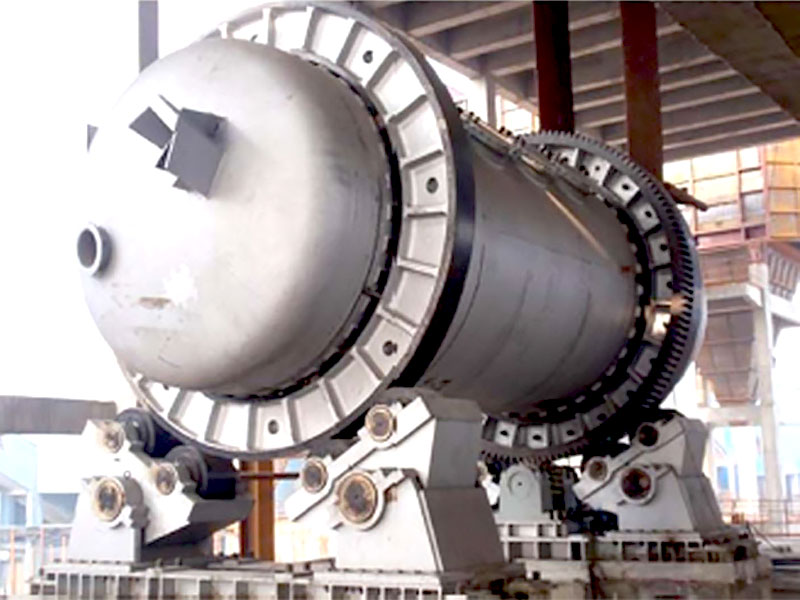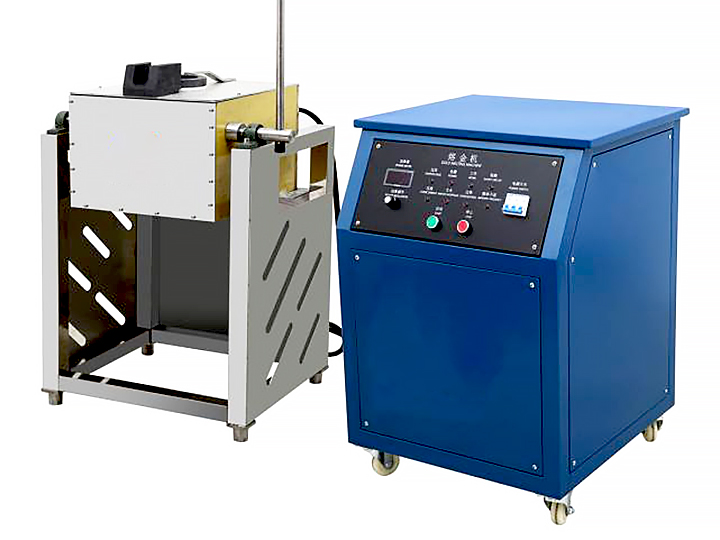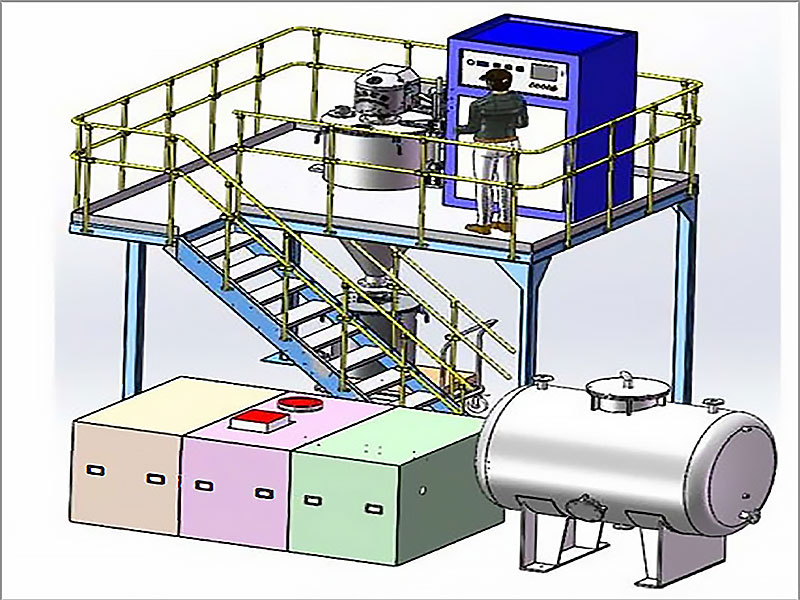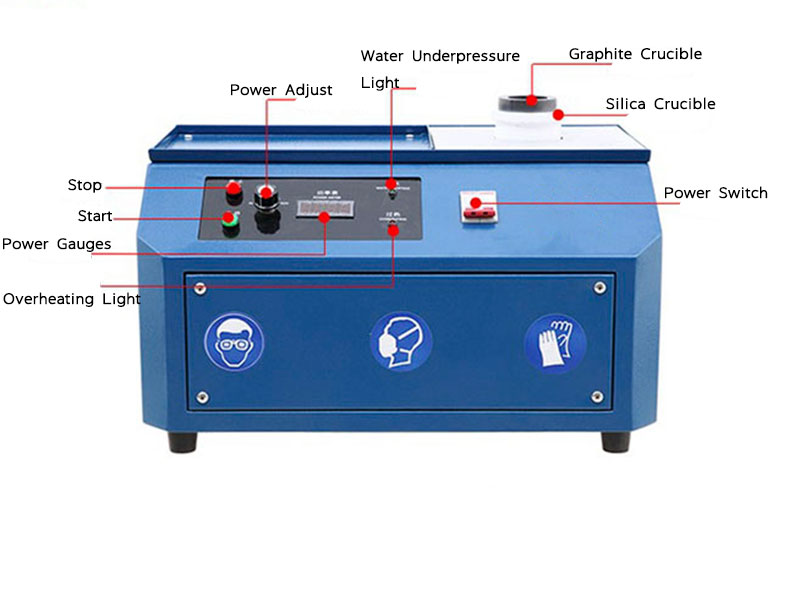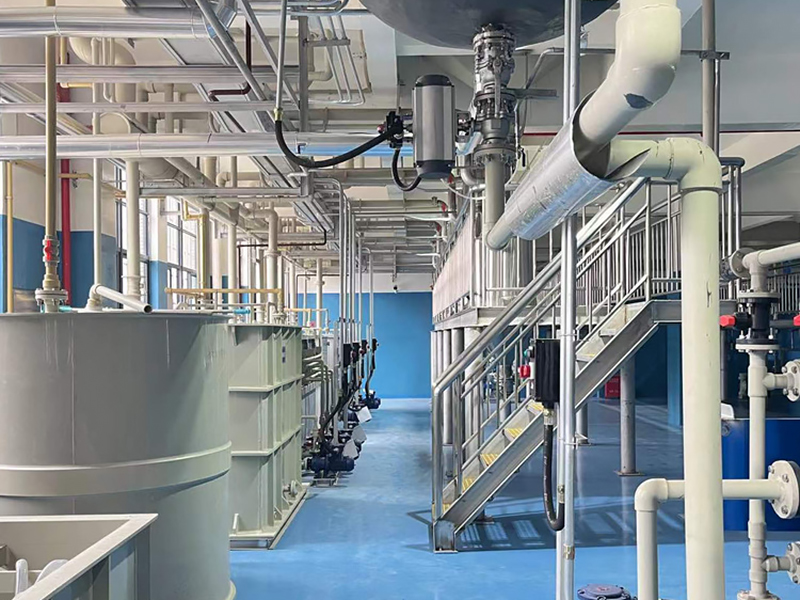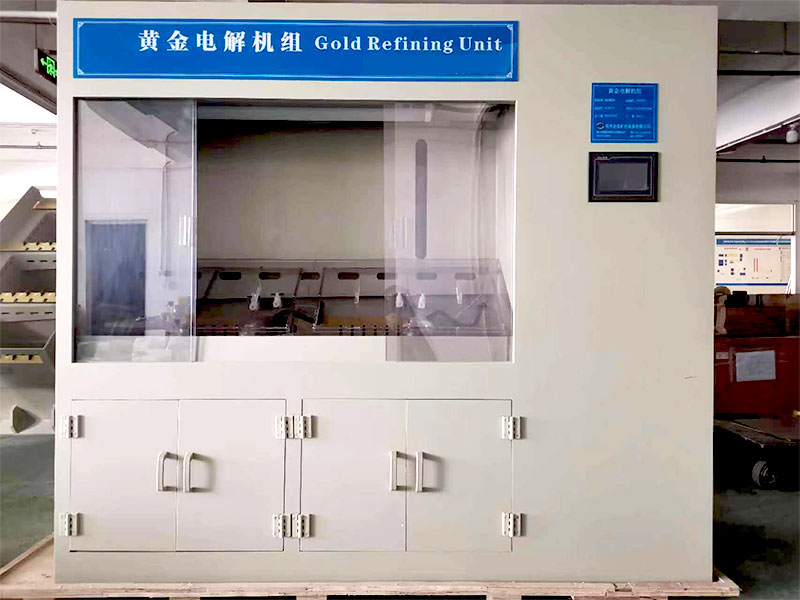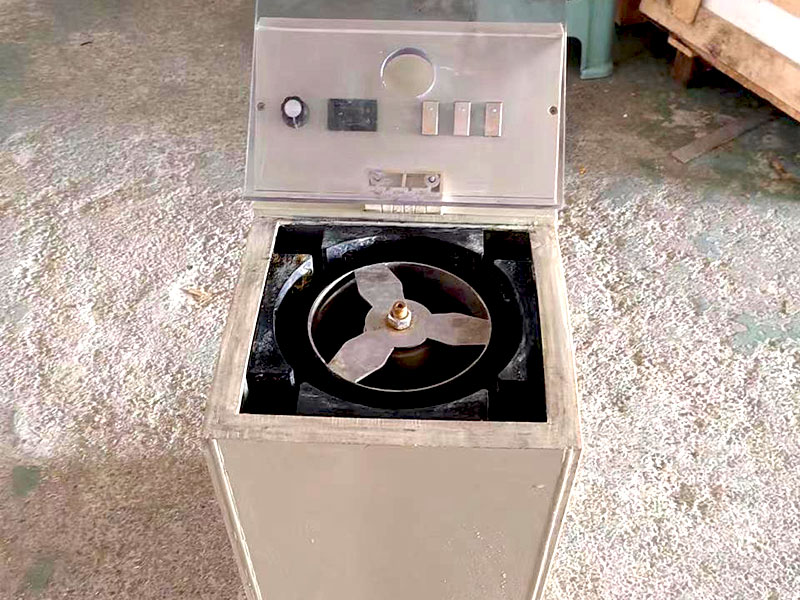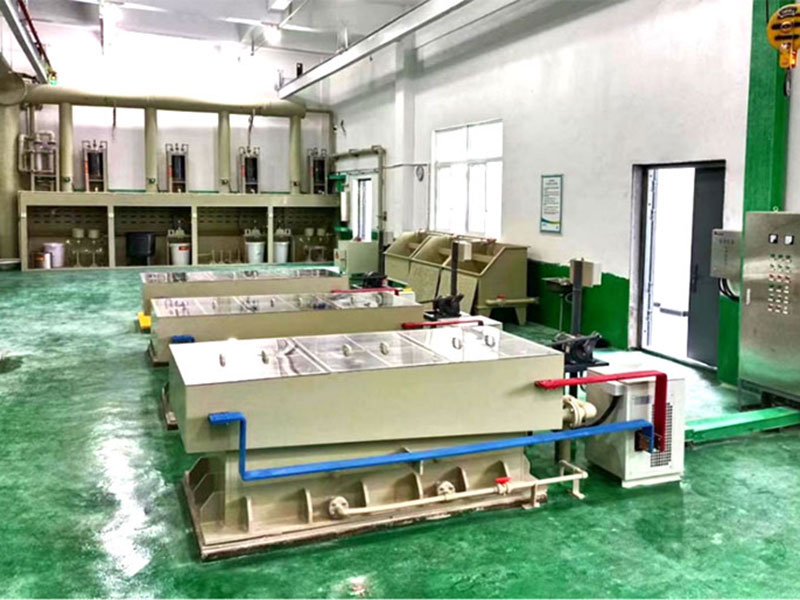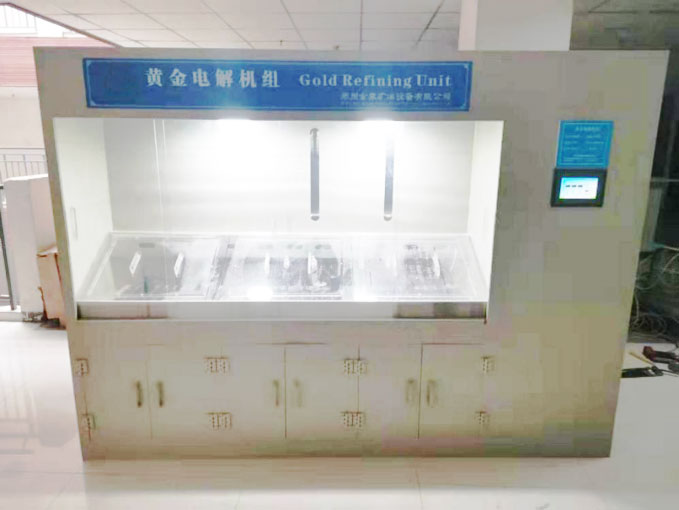refining silver
Refining silver is an essential process in the production of high-quality silver, transforming raw silver ore or scrap into pure, usable metal. This process is critical in various industries, including jewelry making, electronics, and coin production. In this article, we will explore the methods of refining silver, the significance of the process, and its applications in different sectors.
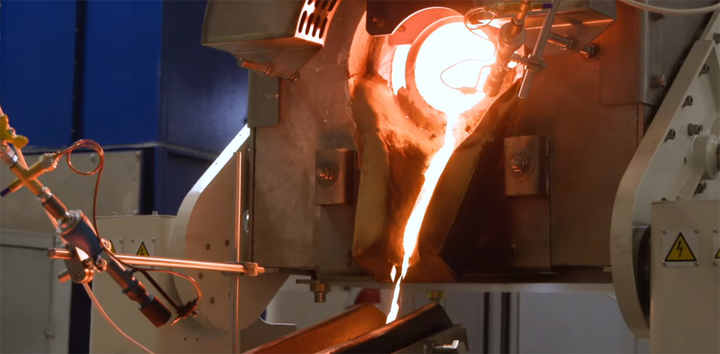
What is Refining Silver?
Refining silver is the process of purifying raw silver by removing impurities and unwanted metals, resulting in high-purity silver. This process is necessary to produce silver that meets the required standards for use in various industries. Whether refining silver from ore or recycling scrap, the goal is to achieve a high level of purity, often 99.9% or higher, known as fine silver.
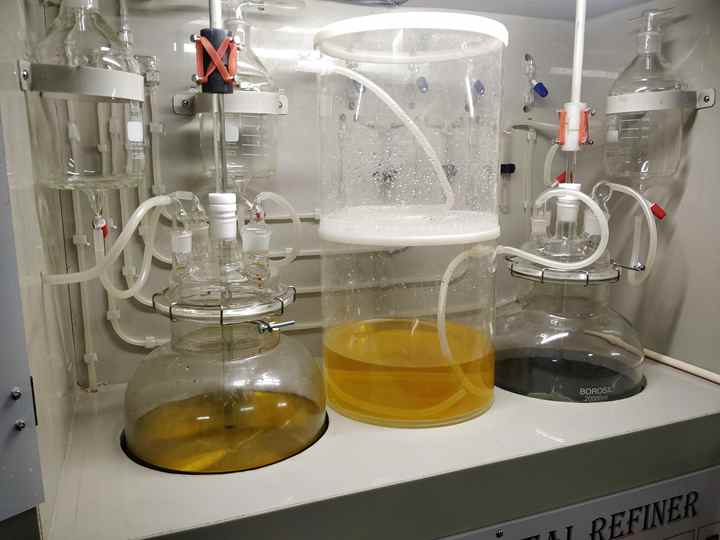
The Refining Silver Process Explained
The process of refining silver involves several steps, each designed to remove impurities and produce pure silver. Below, we outline the key stages in refining silver.
1. Initial Melting and Assaying
The first step in refining silver is to melt the raw silver material. This is done in a furnace at high temperatures, typically around 1,000 degrees Celsius. The molten silver is then poured into molds to cool and solidify. Once the silver is in a solid form, it is assayed to determine the content of silver and other metals present. This initial assessment helps in planning the subsequent refining steps.
2. Dissolving the Silver in Acid
After the initial melting, the silver undergoes a chemical process known as parting. In this step, the solid silver is dissolved in a strong acid, typically nitric acid, to separate it from other metals such as copper, gold, and platinum. The acid reacts with the silver, forming silver nitrate, while the impurities either dissolve in the acid or remain as undissolved particles.
3. Precipitating and Filtering the Silver
Once the silver is dissolved in the acid, the next step in refining silver is to precipitate the pure silver out of the solution. This is done by adding a reducing agent, such as copper or sodium chloride, which reacts with the silver nitrate to form pure silver particles. These particles are then filtered out of the solution and washed to remove any remaining impurities.
4. Melting and Casting the Refined Silver
The final step in refining silver is to melt the purified silver particles and cast them into bars, coins, or other desired forms. The silver is melted in a furnace at high temperatures and poured into molds to cool and solidify. The result is refined silver of high purity, ready for use in various applications.
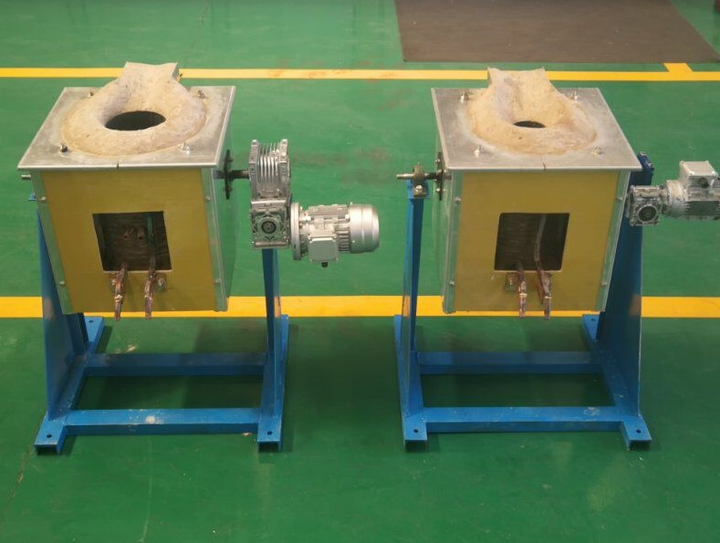
Importance of Refining Silver
Refining silver is crucial for several reasons. First and foremost, it ensures the purity of the final product. High-purity silver is essential in industries such as jewelry making, where the quality and appearance of the metal are of utmost importance. Refined silver is also critical in electronics, where the metal’s conductivity and resistance to corrosion are key factors in its performance.
Moreover, refining silver is necessary for meeting industry standards and regulations. Many industries require silver of a certain purity level to ensure the quality and safety of their products. For example, in coin production, silver must meet strict purity standards to be used as legal tender.
Applications of Refined Silver
Refined silver has a wide range of applications across various industries, thanks to its unique properties, such as conductivity, malleability, and resistance to tarnish. Below are some of the key applications of refined silver.
1. Jewelry Making
The jewelry industry is one of the largest consumers of refined silver. Silver is highly valued for its beauty, durability, and workability, making it a popular choice for crafting rings, necklaces, bracelets, and other decorative items. Refining silver ensures that the metal used in jewelry is of the highest quality, enhancing the appearance and longevity of the final product.
2. Electronics and Electrical Components
In the electronics industry, refined silver is used in various components due to its excellent conductivity and ability to form reliable connections. Silver is often used in electrical contacts, switches, and connectors, where its properties ensure efficient and long-lasting performance. Refining silver to a high purity level is crucial for maintaining the quality and reliability of these components.
3. Coin Production
Silver has been used in coin production for centuries, and refined silver continues to be an important material in minting coins. High-purity silver is required for producing coins that meet legal and financial standards. The refining process ensures that the silver used in coins is free from impurities, resulting in a high-quality product that can be used as currency or for investment purposes.
4. Medical Applications
Refined silver also has applications in the medical field, where it is used in various products, such as wound dressings, catheters, and medical devices. Silver’s antimicrobial properties make it an effective material for preventing infections and promoting healing. The refining process ensures that the silver used in medical applications is pure and safe for use in sensitive environments.
Environmental Considerations in Refining Silver
While refining silver is necessary for producing high-quality metal, it is important to consider the environmental impact of the process. The use of strong acids and other chemicals in silver refining can pose environmental risks if not properly managed. Additionally, the energy required for melting and refining silver can contribute to greenhouse gas emissions.
To address these concerns, the industry is increasingly focusing on developing more sustainable refining practices. This includes using cleaner energy sources, improving waste management and recycling processes, and reducing the use of hazardous chemicals in silver refining.
Refining silver is a critical process in the production of high-purity silver, which is essential for various industries, including jewelry making, electronics, coin production, and medical applications. By removing impurities and ensuring the quality of the final product, refining silver plays a vital role in meeting industry standards and producing materials that are reliable, durable, and safe for use.
As the demand for silver continues to grow, the importance of efficient, sustainable, and environmentally friendly refining practices will also increase. Through continued innovation and improvement in refining techniques, the industry can meet the needs of the market while minimizing its impact on the environment.

